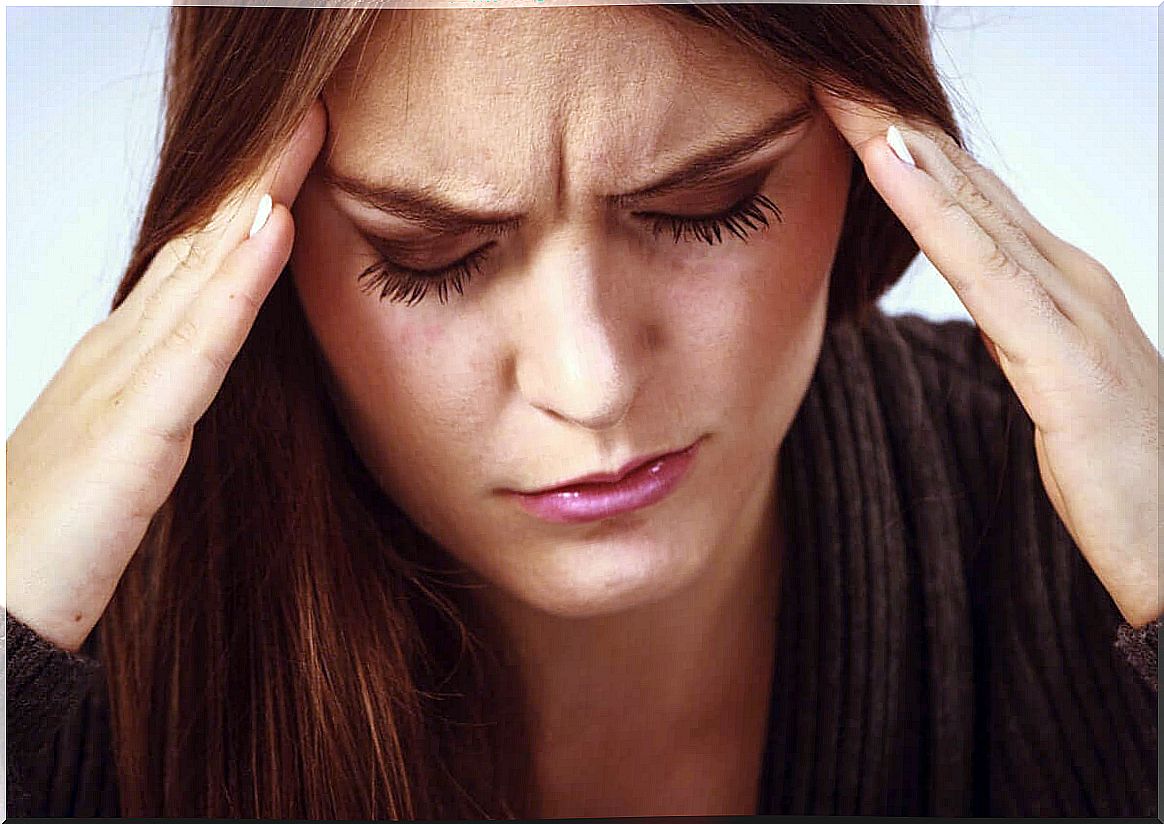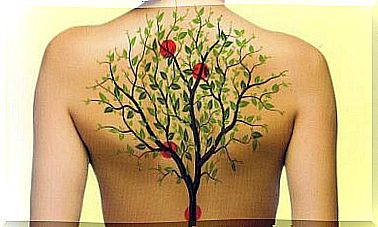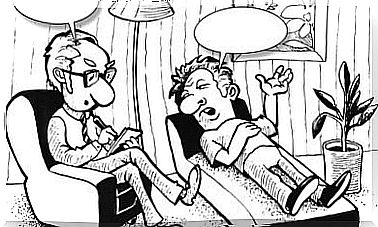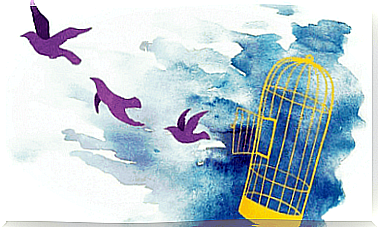What Is The Relationship Between Emotions And Physical Pain?

Emotions and physical pain are almost directly related, which many of us have experienced on more than one occasion. That problem at work that sometimes turns into malaise and heartburn. An argument with the partner that causes headaches. Worrying about something we’ve been putting off for a long time that turns into back pain and even cramps…
We could also talk about another phenomenon: that of the “broken heart”. When we live such an experience, in which love ends, we are abandoned or betrayed, the emotional suffering is immense and even devastating in every way. So much so that the body also feels the impact.
Tiredness, discouragement, lack of energy and even muscle and joint numbness appear. Why does it happen? How is it possible that our bodies ache so much when worries increase or our hearts are broken? Let’s analyze.

The relationship between emotions and physical pain
Several decades ago, psychology and medicine found an intimate correlation between emotional pain and physical pain. This phenomenon, which we call “somatization”, shows us the union between mind and body, something that, as we well know, was questioned in past centuries – with the classic Cartesian model.
Thus, something that many doctors know well is that the diagnosis of depression tends to increase the onset of headaches, muscle pain, digestive disorders and even worsen the condition of patients with chronic pain. In addition, in the field of neurobiological research, it is highlighted that most forms of physical pain are related to emotional stress.
Studies, such as the one carried out at Duke University, in North Carolina, United States, indicate that, within the clinical environment and especially in primary care, psychological and emotional factors should be considered when providing a diagnosis. Perhaps, for example, that stomachache is not caused by an ulcer, but by an anxiety disorder.
Sadness and anger, the emotions with the greatest impact on the body
Dr. Afton Hassett is a research scientist at the Center for Fatigue and Chronic Pain Research at the University of Michigan in the United States. Something this expert highlights is that the wide range of emotions that human beings experience has an impact on the body, both positive and negative.
- This impact can be favorable or painful. Among the less pleasant emotions for the organism are sadness and anger. Having suffered, for example, maltreatment in childhood, suffering the pain of the abandonment of a parent, suffering a loss or having gone through a complicated emotional relationship; all this leaves marks on the body.
- The range of physical symptoms is very wide, the most common being back pain. Also, in this connection between emotions and physical pain, it is important to highlight anger. Dr. Hassett highlights how the most angry people or those who spend a lot of time hiding their feelings and discomforts, on average, are more hypersensitive to pain. Likewise, they are also more likely to suffer from stomach pains, migraines, joint pain…
Emotions and physical pain: which pain is more intense?
What hurts the most? The loss of a loved one or a broken bone? Abandonment of a partner or a skin burn? As contradictory as these questions may seem, there seems to be a clear answer: emotional pain hurts more than physical pain.
This is indicated by a study published in the journal Psychological Science and conducted by physicians Adrienne Carter-Sowell and Zhanheng Chen. The keys to understanding this relationship between emotions and physical pain are in the following points:
- Emotional suffering can be long lasting in many cases. While physical pain is temporary, pain caused by emotions can last for years and even a lifetime.
- There’s another interesting issue: we don’t manage negative emotions well. Factors such as not properly processing grief over a loss or separation can make this suffering chronic. The same is true with the anger mentioned earlier. If we spend years hiding our frustrations and anger at certain events or circumstances, that anger ends up impacting the body.
- On the other hand, the authors of this work point out something interesting. Physical pain cannot be relived, but people are very likely to trigger emotional pain occasionally. That is, we cannot feel the impact of a broken bone in the same way, but we can relive the suffering because of that adverse event in the past.
We know that emotions and physical pain are two sides of the same coin. We often suffer: that discomfort in the chest, those cramps, that pain in the neck, that searing pain in the temples… What can we do under these circumstances? The answer is simple, but complex to apply: we must train our emotional management. We must not leave for tomorrow what worries and hurts us today.
An argument that ends badly, stress not managed, a worry that we don’t resolve, a painful ending that we can’t get over… All of this leaves consequences that go beyond the mind. We need to remember: if we can’t handle emotional pain on our own, there are always good professionals who can help us.









